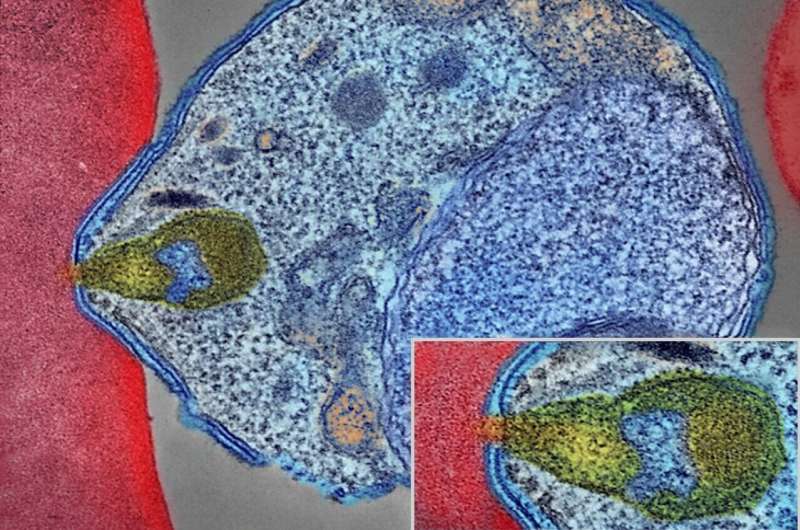Enhancing Cardiac Diagnosis in Gland Disorders with Dual-Modality Imaging

Cutting-edge dual PET/MRI imaging enhances the diagnosis and management of heart damage in gland disorders, offering precise subtype classification and monitoring treatment response.
Recent advancements in medical imaging have introduced a powerful dual-modality approach that significantly improves the diagnosis and classification of gland-related disorders impacting the heart. Combining PET (Positron Emission Tomography) and MRI (Magnetic Resonance Imaging) techniques—specifically ⁶⁸Ga-Pentixafor PET/MR for adrenal gland assessment and ⁶⁸Ga-FAPI-04 PET/CMR for myocardial evaluation—this integrated method allows clinicians to precisely locate and quantify heart tissue damage associated with disorders like primary aldosteronism. The innovative approach provides detailed insights into the presence of aldosterone-producing adenomas and helps quantify myocardial fibrosis, which can be reversed after targeted adrenal surgery, as evidenced by follow-up imaging showing fibrosis regression. This comprehensive imaging strategy not only aids in accurate diagnosis and subtype classification but also evaluates the effectiveness of treatments, ultimately guiding personalized therapeutic interventions. The promising results from a study involving patients with primary aldosteronism and hypertension suggest that this technique could revolutionize how cardiovascular complications in gland disorders are managed. Presented at the 2025 Society of Nuclear Medicine and Molecular Imaging Annual Meeting, this research underscores the potential for routine clinical adoption and improved patient outcomes.
Stay Updated with Mia's Feed
Get the latest health & wellness insights delivered straight to your inbox.
Related Articles
New Insights into Malaria Immunity Through Antibody Sequencing in Children
Researchers have decoded a naturally acquired antibody from a malaria-exposed child, revealing insights into immune protection against severe malaria through advanced mass spectrometry techniques.
Rural Hospitals Unite to Enhance Sustainability and Care Delivery
Rural hospitals in North Dakota are forming collaborative networks to share resources, negotiate better prices, and expand patient care, ensuring community health services continue to thrive without selling or closing.
The Connection Between mRNA Degradation Speed and Autoimmune Disease Risk
New research reveals that the speed at which mRNA molecules degrade within cells may play a crucial role in the development of autoimmune diseases, opening new avenues for targeted therapies.
Perception of Being Awake During Sleep Tied to Normal Brain Function, Not Just Insomnia
New research indicates that the perception of being awake during sleep is linked to normal brain activity, challenging traditional views on sleep and wake boundaries. Findings highlight the importance of brain function in sleep perception and potential treatments for insomnia.



